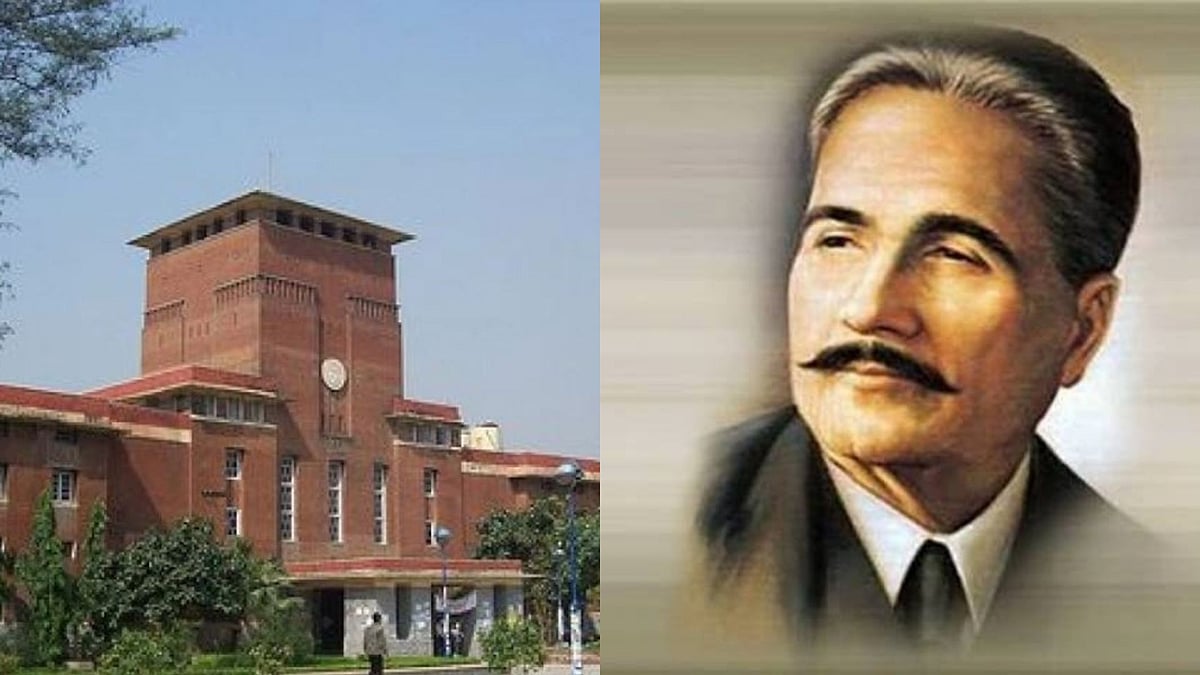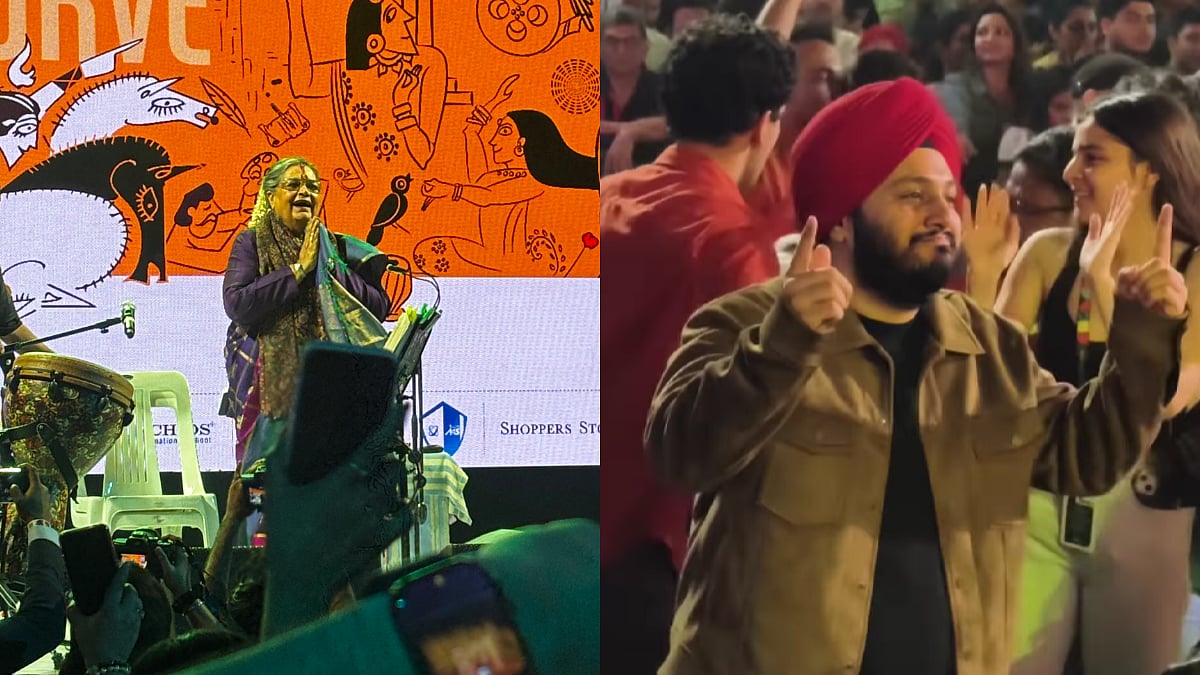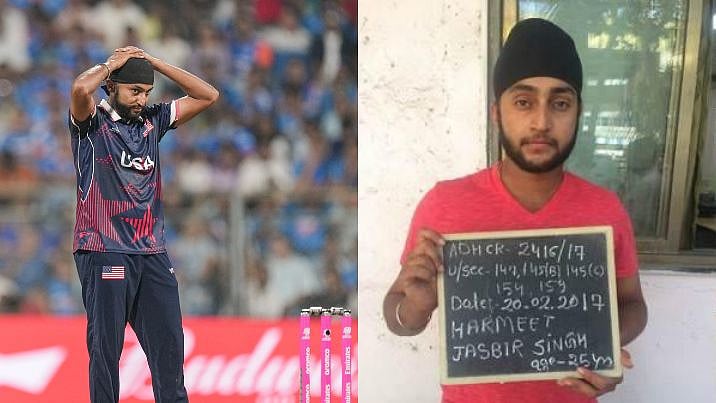A decision by the Delhi University’s (DU) academic council to pass a resolution to ban a chapter on Pakistan’s national poet Muhammad Iqbal, who sang the famous patriotic song ‘Saare Jahan Se Achha’, has irked academicians, and historians across India.
The chapter titled ‘Modern Indian Political Thought’, was a part of the Political Science Syllabus and also included in the Bachelor of Arts sixth-semester paper.
‘Stop omitting key chapters,’ urges Mumbai historian
Though the DU executive council will now take a final call on the same, historians believe policymakers setting an agenda will only result in a ‘sanitised view of history’.
“History always becomes the first casualty when policymakers come with an agenda. Such moves will only inspire different governments to adopt a similar policy of deletion of chapters, and lessons. We have to put everything behind and stop omitting key chapters, and not create different narratives,” stated Arvind Ganacharya, Mumbai-based historian and former HOD of Mumbai University’s history department.
DU council member alleges ‘saffronisation’ of the institute
According to Dr. Maya John, an elected member of the DU academic council, the deletion of references to Iqbal is one of many other measures undertaken by the institute in recent years to clamp down on syllabus.
“If one removes Iqbal then one cannot teach the debate between him and Hussain Ahmed Madani who held diametrically opposite views and showcased the diversity of Muslim thinkers debating nationalism in the context of the 20th-century Muslim community. If you teach Iqbal you’re not endorsing Iqbal, but showing students the spectrum of understanding nationalism,” said Dr. John, who is also an Assistant professor in the Department of History at DU.
“A standing committee, constituted by the VC undemocratically, has been looking into chapters from fourth, fifth, and sixth semesters and have suggested changes, to the Humanities, Political Science, and History departments, which aim to dilute the syllabus and bring in a right-wing ideology in the institute,” Dr. John added.

DU VC’s jibe slammed by academician
While claiming that ‘'those who laid the foundation to break India should not be in the syllabus," DU Vice Chancellor Yogesh Singh urged that students should instead study national heroes, as per a statement issued after a 15-hour-long meeting that began at 10:30 am on Friday.
“Iqbal was the first to raise the idea of partition of India and the establishment of Pakistan. Instead of teaching such people, we should study our national heroes. Those who laid the foundation to break India should not be in the syllabus," Singh had remarked.
Academicians believe such an opinion has no factual basis, considering Iqbal was seen as a ‘metaphor for national unity.’
“There is no evidence that Iqbal was an ardent advocate of partition or that he was against integrated India. He was among the first individuals to infact also identify the problem of caste among Muslims. The academic council didn’t do thorough research on Iqbal’s literary work and showcased their hollowness in the process,” stated Muzaffar Assadi, Dean, Faculty of Arts, University of Mysore, who added that there's a need to complement both histories of Indian civilization and Islamic era in the syllabus, while also bringing in alternative icons.
"Students should also be taught chapters on Ziauddin Barani, al-Biruni so they get more perspectives," added Assadi.
RSS-backed ABVP shows support to DU move
The Rashtriya Swayamsevak Sangh-backed Akhil Bharatiya Vidyarthi Parishad (ABVP), meanwhile, welcomed the development.
Releasing a statement hailing the decision, ABVP called Iqbal a 'fanatic theological scholar who is as responsible for India's partition as Mohammad Ali Jinnah is.
"Delhi University academic council decided to scrap fanatic theological scholar Mohd Iqbal from DU's political science syllabus. It was previously included in BA's sixth-semester paper titled 'Modern Indian political thought," said the ABVP in a statement.
Centres, ITEP resolutions passed despite dissent
The DU Academic Council also passed resolutions to form the Central for Tribal Studies, Integrated Teacher Education Programme (ITEP), and Centre for Independence and Partition Studies despite dissent from its own members.
As per reports, the Centre for Independence and Partition Studies will work on unknown heroes and events of the freedom movement, which have not yet found a place in history.









